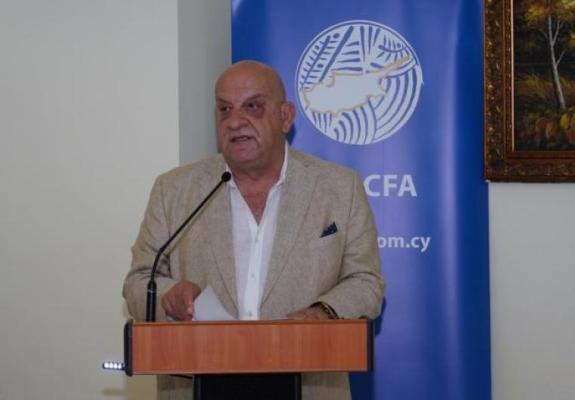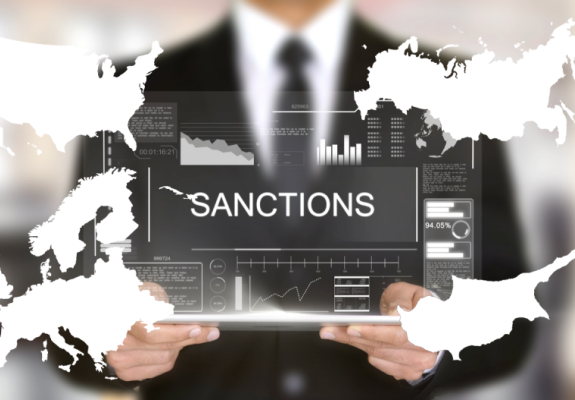COP29: Crucial Climate Decisions for the Future of Our Planet
We all have a responsibility in this effort, and we must ensure that no one is left behind - both in action and support.
Climate change is an undeniable phenomenon with a strong presence in our daily lives. Changes in climatic conditions, such as increased temperatures, heavy rainfall and prolonged periods of drought, directly affect the natural environment, our societies and our economies. The frequency and intensity of extreme weather events reinforce the need for immediate and coordinated action at the global level to address the impacts and transition to a more sustainable and resilient future. It is in this context that the 29th Conference of the Parties (COP29) of the United Nations Framework Convention on Climate Change (UNFCCC) was held, with the aim of addressing the climate crisis and taking decisions that will determine the future of the planet.
The Conference of the Parties (COP29) of the United Nations Framework Convention on Climate Change (UNFCCC) is the annual meeting of states and nations, where experts and governments from almost every country in the world seek ways to tackle climate change with the aim of limiting the global temperature rise to below 1,5°C as set out in the Paris Agreement.
This year, COP29 has become a critical milestone for humanity's path towards meeting the growing climate challenges. The summit took place from 11 to 22 November 2024 in Baku, Azerbaijan, and brought together representatives from a total of 200 countries with the single objective of addressing the climate crisis.
The choice of Baku, an oil-producing city, as the venue for COP29 can be seen as both symbolic and strategic. On the one hand, Baku is a historical hub of the oil industry and symbolizes the dependence of the global economy on fossil fuels. Holding the Conference in such a city may underline the urgent need for a transition to more sustainable and cleaner energy sources, while sending a strong signal of the commitment of traditional energy centres in this direction.
The COP29 focused on critical issues that directly and indirectly affect our lives. For the first time, the direct link between climate change and human health was discussed. A new fund was created to compensate countries that have been severely damaged by climate change. Much emphasis was placed on climate transition financing, with the aim of mobilising funds from developed countries to finance a sustainable transition in the developing world. In addition, developed countries pledged to increase financing to $300 billion per year by 2035 to vulnerable/developing countries most affected by climate change to support green transition, building resilient infrastructure and adapting to the impacts of climate change.
On countries' climate commitments, it was agreed that they should submit more ambitious plans to reduce their emissions by 2030. One notable outcome of the Conference was the agreement to operate a Global Carbon Trading Scheme, which could provide significant incentives to reduce greenhouse gas emissions. The aim is to allow countries to work together to achieve their climate goals.
Despite positive developments, COP29 failed to reach a final agreement on the complete phase-out of fossil resources. The issue remains highly controversial, with many countries reacting due to their dependence on oil, gas and coal, as they have failed to make fossil fuel decarbonisation a strategic priority.
The difficulties in achieving these objectives are also reflected in national policies. In Cyprus, the final update, the National Energy and Climate Plan 2021-2030, is currently under public consultation. The important developments that have launched recently, both at European and national level, make it necessary to update it. In Cyprus, among others, the targets for the reduction of greenhouse gas emissions have been increased from -24% to -32% by 2030, compared to 2005. The draft update projects that the most ambitious climate change mitigation scenario results in a 25,9% reduction, indicating the difficulty of formulating effective policies to achieve the target.
Perhaps many of us would ask ourselves, "What does this have to do with my life?" The answer is simple. The COP29 decisions do not just affect governments but all of us, as they are going to determine our own future. Reducing emissions will contribute to cleaner air, improving public health by reducing the incidence of air pollutants. At the same time, investments in alternative and clean energy sources is expected to reduce energy costs, offering long-term benefits for both the environment and the economy.
Each of us has the potential to play an important role. Small changes in our daily lives, such as reducing waste, choosing renewable energy sources and supporting companies with approved green practices, could lead to remarkable results.
COP29 was an important step in addressing the climate crisis, with decisions that touch our daily lives. Reducing emissions and strengthening financing for vulnerable countries send positive signals for the future. However, the challenges and difficulties in implementing the commitments are enormous. Climate change is not only a political issue. As a society, we must actively participate in the efforts for a sustainable future.
But what would be the consequences if a major country decided to withdraw from the Paris Agreement? How would our collective effort to protect the planet be affected? We all have a responsibility in this effort, and we must ensure that no one is left behind - both in action and support.






